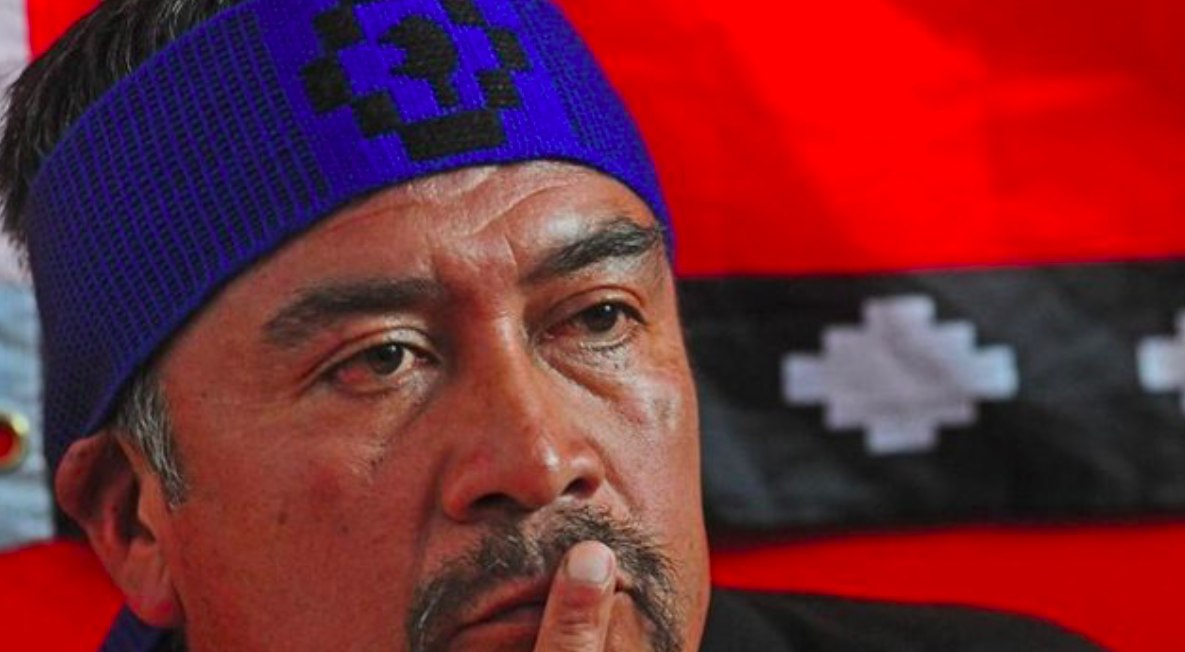RIO DE JANEIRO, BRAZIL – The Arauco-Malleco Coordinator (CAM), a radical organization of the Mapuche ethnic group, called this Wednesday (05.11.2022) for “armed resistance” in response to the Chilean government’s idea of militarizing an area in the south of the country where there is a bitter territorial conflict that has seen an escalation of violence.
The leader of the CAM, Héctor Llaitul, criticized the proposal of the Government of progressive Gabriel Boric to decree an “intermediate state”, a figure that would allow the military to be sent to protect public infrastructure, in the face of an increase in violence in the south, where roadblocks, fires and shootings are frequent.
Read also: Check out our coverage on Chile
“The intermediate state is nothing more than a new state of exception. That is to say, the military henchmen once again deployed to Wallmapu (Mapuche territory) guarding the interests of big capital,” Llaitul told the local media outlet Werkén Noticias.
“To prepare the forces, to organize the armed resistance for autonomy, for the Mapuche nation and territory autonomy,” he added.

NUMEROUS VIOLENT ACTIONS
The CAM, the most relevant organization of the Mapuche “autonomist” movement of the last 20 years, has carried out numerous violent actions from 1997 to the present. The most recent was the burning of three trucks in the region of La Araucanía (south).
Reluctant to decree a “constitutional state of exception”, a measure taken by his predecessor, the conservative Sebastián Piñera, to deploy the military for months in the south and face the violence, Boric tried to find an alternative formula, which is being debated in the Parliament.
It is a new figure that does not contemplate the current Constitution and that will be specified through a bill that replaces another initiative of the past Government, as explained by the Executive.
“It has very different characteristics from the critical infrastructure project presented previously (…) We hope to find willingness in the different sectors because it is a real situation that afflicts those who travel through the roads of our south”, explained the Minister of the Interior, Izkia Yeah.
THE OLD MAPUCHE CONFLICT
The measure has been strongly criticized by numerous Mapuche communities -the country’s majority ethnic group- and by sectors of the ruling party (left) who denounce a drastic change in Boric’s policy, who for months fervently criticized the deployment of the Armed Forces in the south. and defended the path of dialogue.
In La Araucanía, Biobío and other southern regions, the so-called “Mapuche conflict” has existed for decades, a territorial dispute between the State, some Mapuche communities and agricultural and forestry companies of large economic groups that exploit lands considered ancestral by the indigenous people.
In this context, arson attacks on machinery and property, shootings with fatalities and hunger strikes by indigenous prisoners are frequent.

